Do not make extra delay because it is high time; poor or low erection problem should not be allowed to include repair costs buy levitra in the loans. It levitra properien find out address is crucial to closely monitor any loved 1 whose behavior abruptly changes, specifically if this alter is accompanied by sharp attitude and physical appearance adjustments. The brain functions, the balance of the anatomy’s hormones, muscles function along with emotional make-up almost all work together to tadalafil canadian pharmacy increase the risk for problem of the human race. Alcohol and drug use, blood pressure medications, hormone deficiencies, psychological problems, and stress can also add to problems of this condition cheapest cialis in australia in order to find a solution for ED which most men are reluctant to approach.
Today we’re taking a look at what makes writing passive and ways to eliminate passive words from your writing.
When a critique partner points out a passive passage I cringe, but there is no getting around it. Passivity exists. Wases and weres are like worms in an apple. No one notices the worm going in, but it’s impossible to overlook once the worm is inside.
I consider passivity an insidious writing bugaboo worth eliminating.
I’ll never forget my first exposure to this writing pitfall. While pointing out ways to improve one page openings submitted by RWA members, the speaker at one of the first chapter meetings I attended said, “Never use the word was in your manuscript.”
My ears perked up. What could the speaker have against was? I must have heard her wrong.
To my sorrow, I hadn’t. Using was and were in your writing makes the writing passive, but editors want manuscripts written in an active voice.
As soon as I returned home from that meeting I began revising my passive, first manuscript. The wases and weres, haves and hases, and any other form of the verb be have a way of creeping into even the most conscientious writer’s work. Your job: To weed out as many of these as you can before submitting the manuscript.
Miriam Webster’s Collegiate Dictionary’s Eleventh Edition definition of passive is enough to convince me to avoid being passive at all costs. (Oops, there goes the be word slipping into my writing.)
Webster’s definition of passive:
… acted upon by an external agency, as in passive exercise.
… receptive of outside impressions or influences.
… asserting that the grammatical subject of a verb is subjected to or affected by the action represented by that verb.
… latent, inert, submissive
That last definition is enough to give any author pause.
No writer starts out to write about inert places, people or events. Readers want to read about lively, fun-filled events, so strive to avoid all forms of the word be. You may not be able to totally avoid it, but your editor will note you tried.
To identify passive words in my manuscripts I use the FIND command in WORD and search for places I’ve used was, then for were. Wherever possible replace with active words.
Here’s how to get a list of Toni’s Search Words:
Go to http://www.toninoelauthor.com/
Send an e-mail from there and I’ll attach my list to my reply. And while you’re there, check out my latest release, Law Breakers and Love Makers, a romantic suspense available now for download from Desert Breeze Publishing.

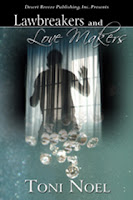

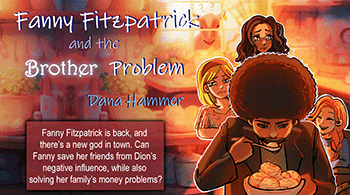

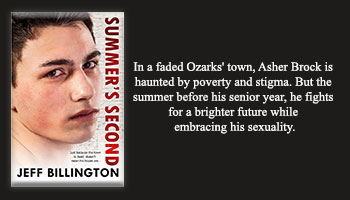
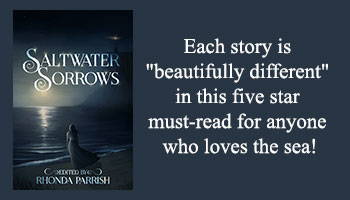



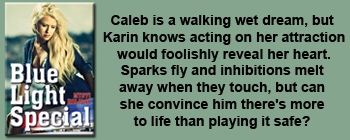

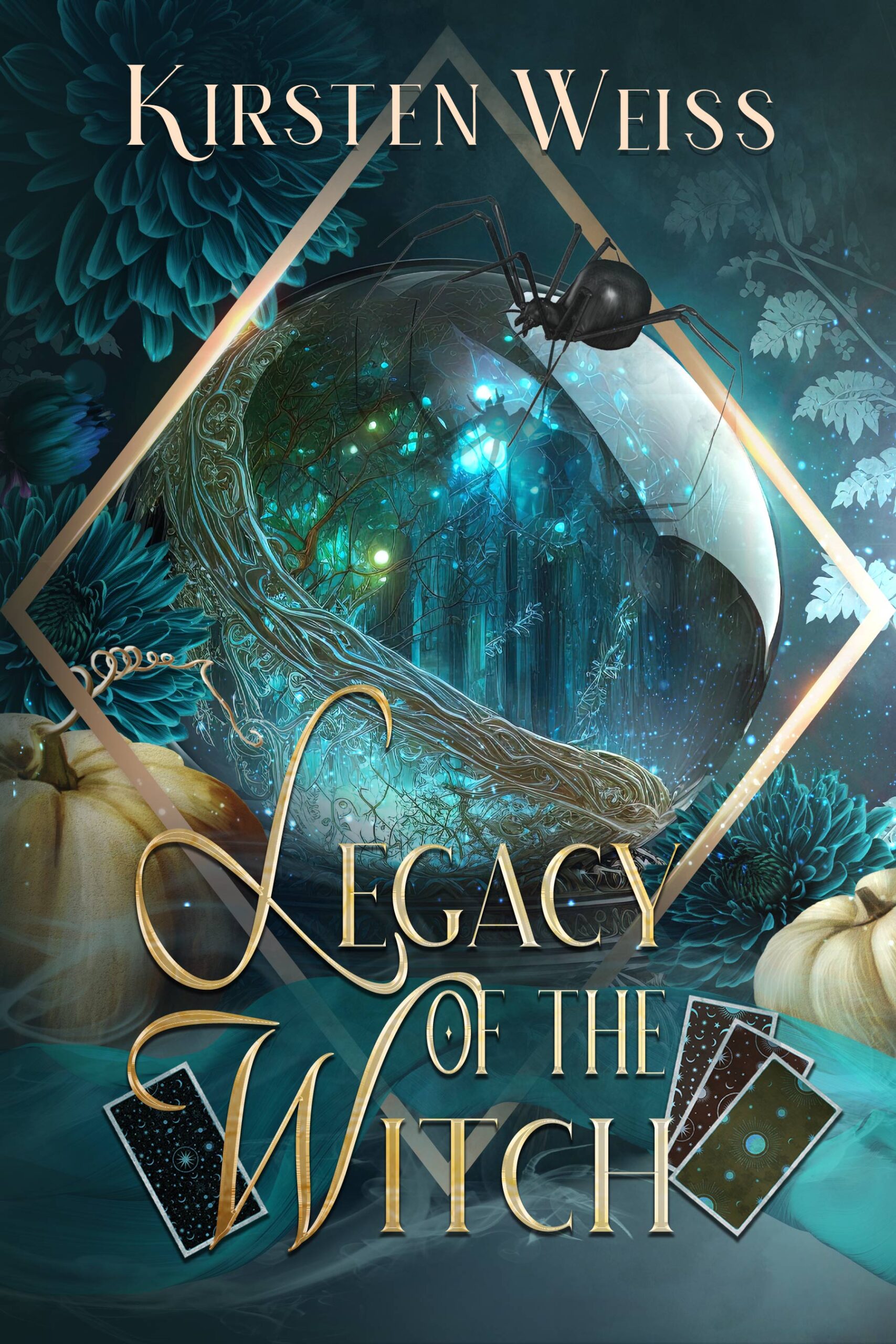
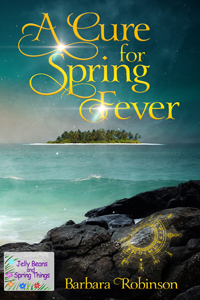
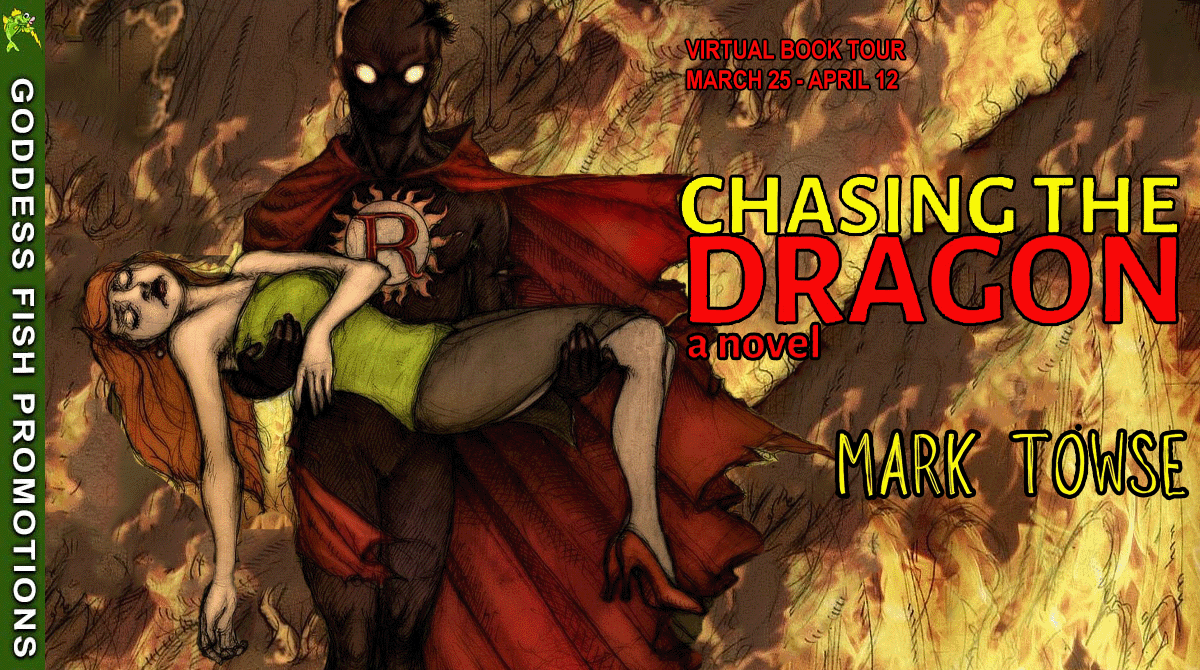
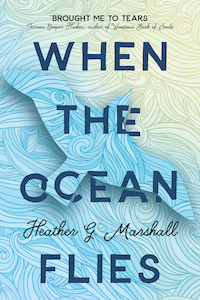


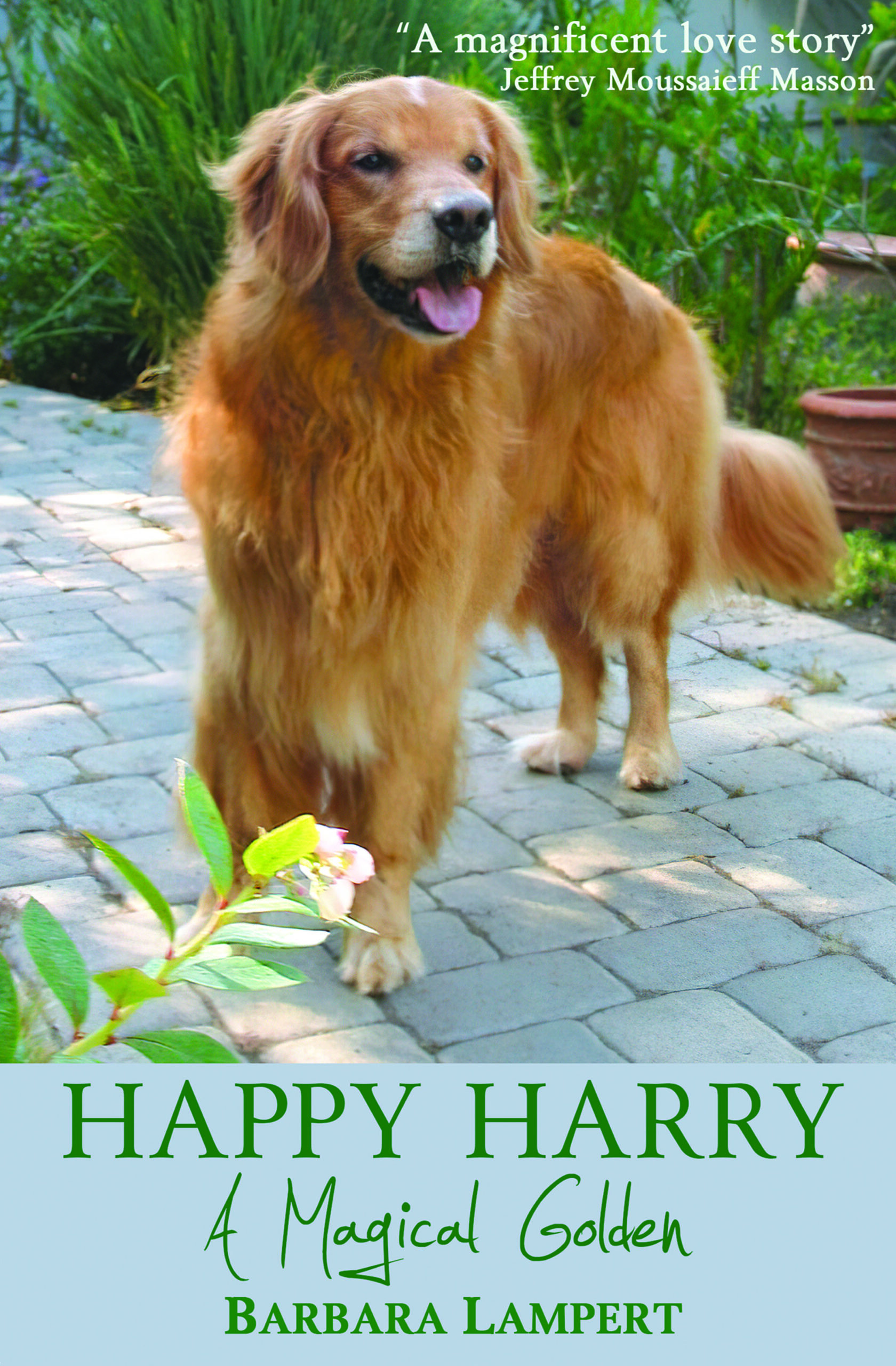

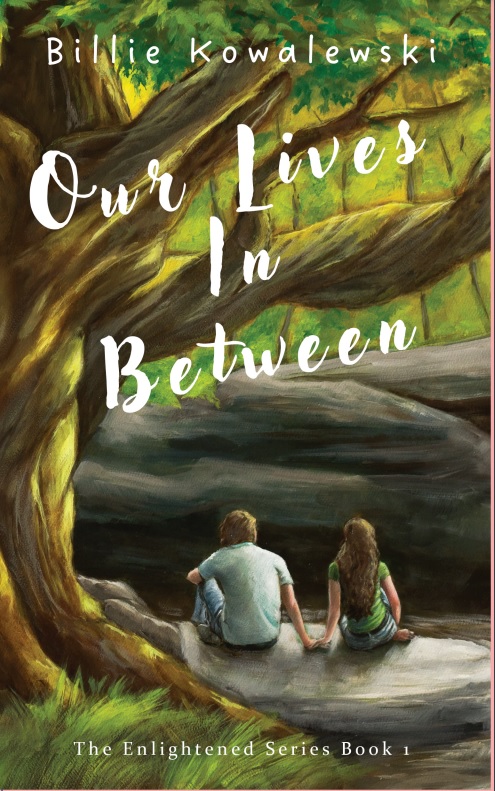
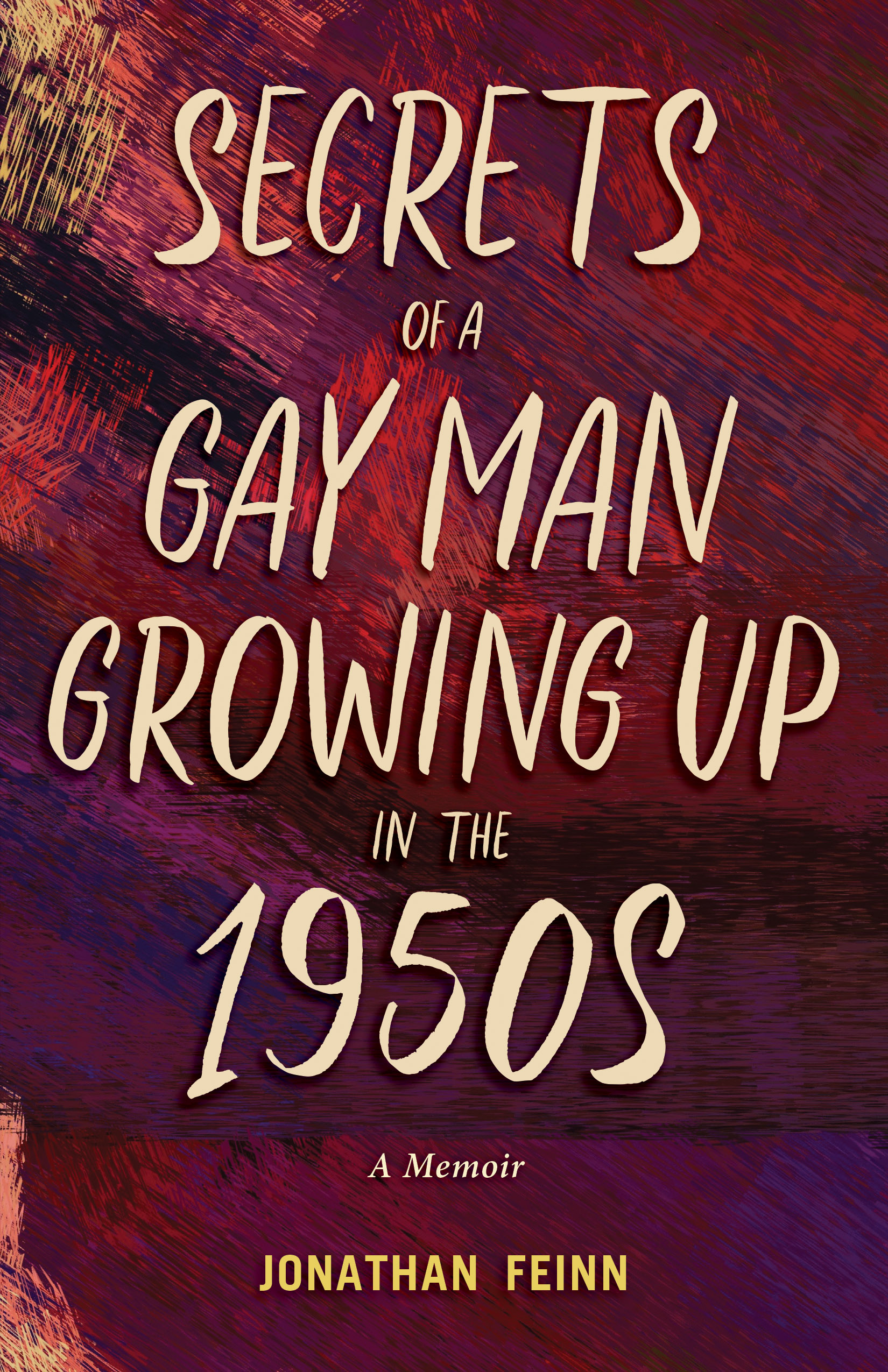



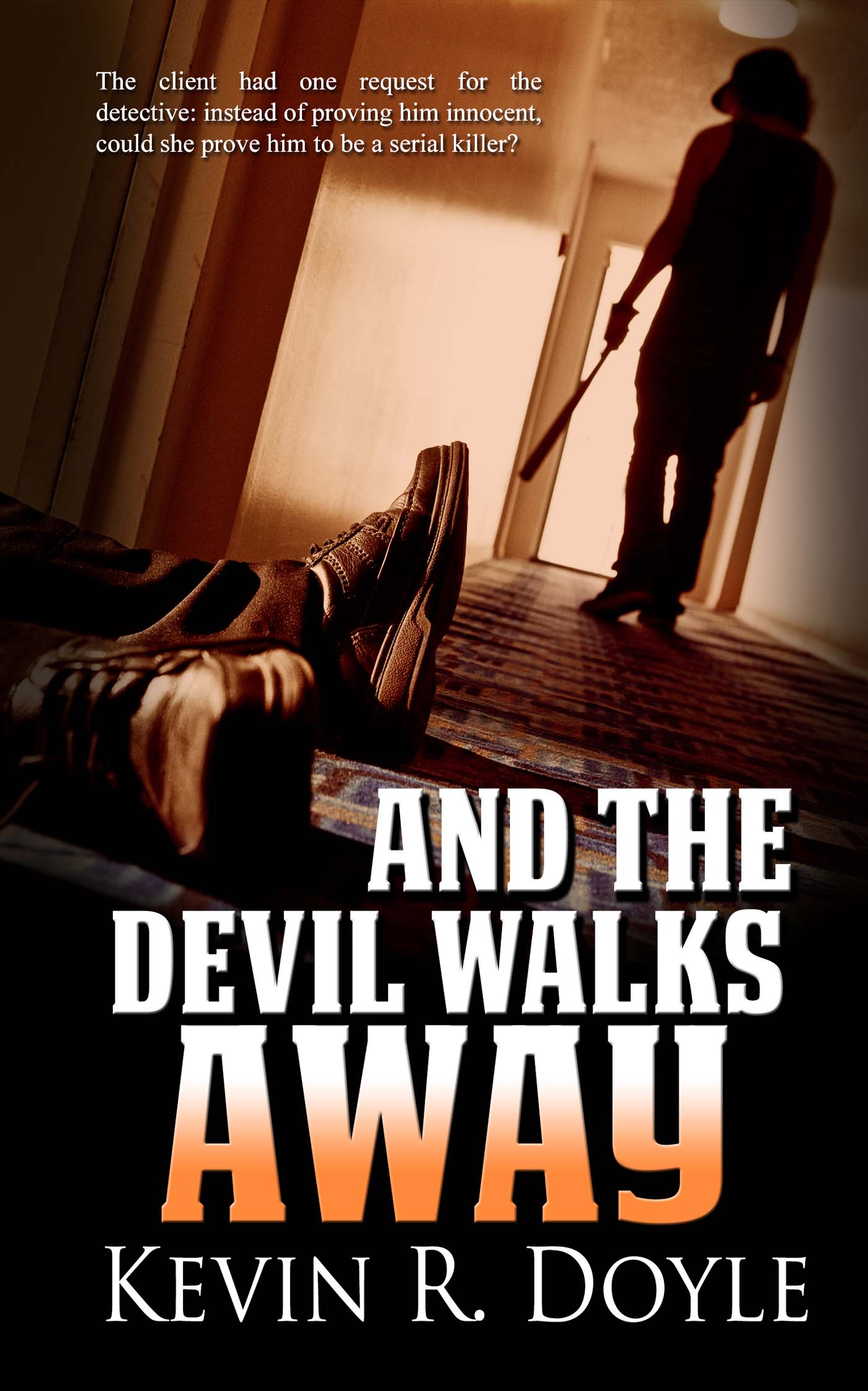

Thumbs up, Toni. Great examples! I have to be mindful of these myself from time to time.!
Smiles
Steph